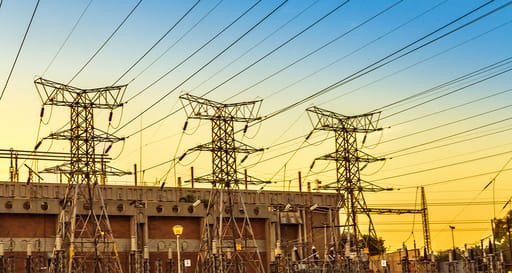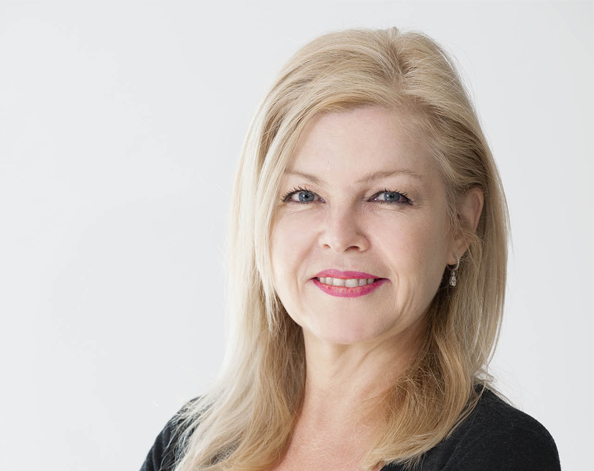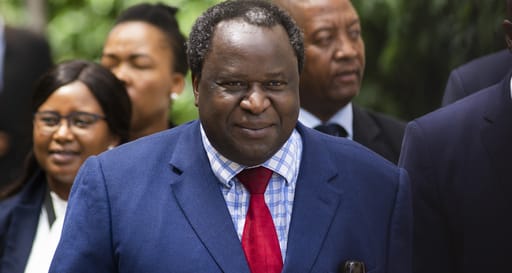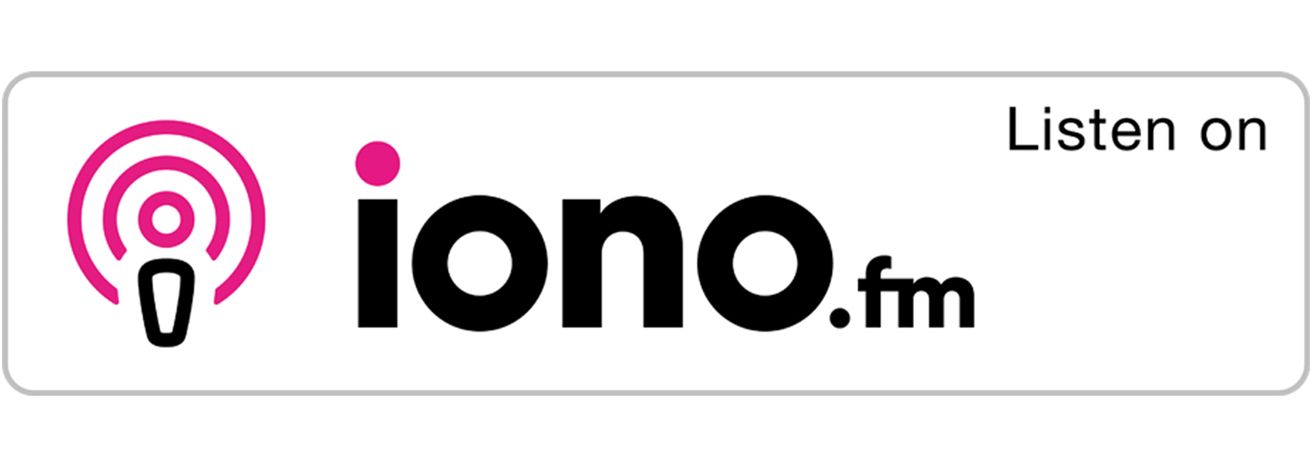Receive Focus insights straight to your inbox
The South African economy is beset by both self-inflicted and circumstantial trials. Locally, we’re faced with political power struggles, a lack of clear policies supporting economic growth, collapsing State Owned Enterprises (SOEs), a widening budget deficit and an electricity problem that could cripple the country.
South Africa’s economic troubles are further exacerbated by turmoil in global markets, with the brewing US-China trade war and the looming Brexit deadline.
It therefore came as a surprise to many that the latest GDP figures show that the economy grew by 3.1% in Q2 2019 compared to the first quarter. The market had predicted an improvement of 2.5% after Eskom managed to keep the lights on throughout the quarter.
LISTEN: GDP figures out, what now for SA economy?

Economic growth needs to speed up
The GDP growth in Q2 is widely seen as just a reversal to the Q1 contraction, which was the largest quarterly contraction since 2009, underpinned by current power supply stability. Overall, mining production, one of the key drivers of our economy, was severely affected in the first quarter by Stage 4 load shedding.
However, manufacturing production and construction activity have remained very lacklustre while there’s been a rebound in consumer spending as well as private sector fixed investment.
The first half of the year saw GDP growth increase by about 0.9%.

For the economy to achieve a growth rate of 0.9% in 2019, we need quarter on quarter GDP growth rates of 3% seasonally adjusted and annualised.
Business confidence needs a boost
Business confidence remains weak while government works to stabilise SOEs. Eskom, with a debt of R440bn, has been the biggest recipient of government financial support, amounting to R128bn in 2019 to 2021. Waiting in line for more bail outs are the SABC, Denel and SAA.
Although, Q2 figures have been positive, it’s not enough to boost confidence.
“What could government do to revive confidence? I don’t think the second quarter rebound is going to be the key change. We need some kind of political and policy interventions because so far politics have failed the economy,” says Jacobs. “We have to initiate plans that go beyond the second quarter.”

Tito’s plan and the need to involve the private sector
Finance Minister Tito Mboweni published a paper on Economic transformation, inclusive growth, and competitiveness: Towards an Economic Strategy for South Africa which has received mixed feedback.
At best, the plan seems to be opening up much-needed debate and a basis for a direction in which South Africa should be heading to achieve sustained economic growth.
“I think the decision by the Finance Minister to publish that report was based on the fact that we are going into the Medium-Term Budget Policy Statement (MTBPS) on the 23rd of October and South Africa still lacks a coherent growth plan. It was also more to open debate on what needs to be done to revive growth.”
The move by the minister comes just a few months since President Cyril Ramaphosa’s State of the Nation Address (SONA) where he revived the National Development Plan (NDP).
Government’s five-year plan is set to be released in early October. This will provide more detailed targets that need to be achieved to reach the 2030 NDP goals.
“We trust that this new plan will also incorporate plans for the private sector because when you look at the key drivers for growth, government does not have the capacity to do it on their own.
“Our debt-to-GDP ratio is likely to rise above 60% in coming years. Monetary policy in itself cannot revive growth. South Africa needs critical interventions on the production side of the economy. To relay this back to the GDP numbers for the first and the second quarter, the underlying trend growth in mining and manufacturing production and construction is very weak.”
What is clear is that any new plan needs political will and clear policies to break out of a low growth trap.
Critical dates on the economic calendar
Over the coming months, government policies and interventions will be in sharp focus.
The Monetary Policy Committee’s (MPC) decision on interest rates, MTBPS and Moody’s credit rating decision for South Africa remain critical for the country.
There’s growing expectation that the MPC will cut interest rates but not at the upcoming meeting in September.
Important to this is the inflation reading which increased by 4% in July compared to 4.5% in June which could result in the Reserve Bank lowering its forecast over the medium term.
“The negative, of course, is that the rand has depreciated by about 7% which could counter a lower base effect of July’s inflation reading. But with inflation likely to stay around 4.5% for longer than expected, the door for the Reserve Bank to cut the repo rate again by 25 basis points has opened.”
Although there is a tough road ahead for the South African economy – there are some glimmers of light:
“South Africa has a few strong points: Our foreign debt-to-GDP is relatively low, we have very deep local financial markets, the rand is flexible, we have an independent Reserve Bank but the big challenge is the weakness in slow GDP growth and unless growth starts to pick up, government’s debt trajectory (as a percentage of growth to GDP) will continue to increase.”
About the author

Lenyaro Sello
Digital content specialist
Lenyaro is a key member of Investec's Global Content team, based in Johannesburg, who focuses on relevant and topical issues for internal and external audiences including clients. She is a well-travelled multi-skilled multimedia journalist who previously held roles within eNews Channel Africa (eNCA) and Eyewitness News (EWN).








